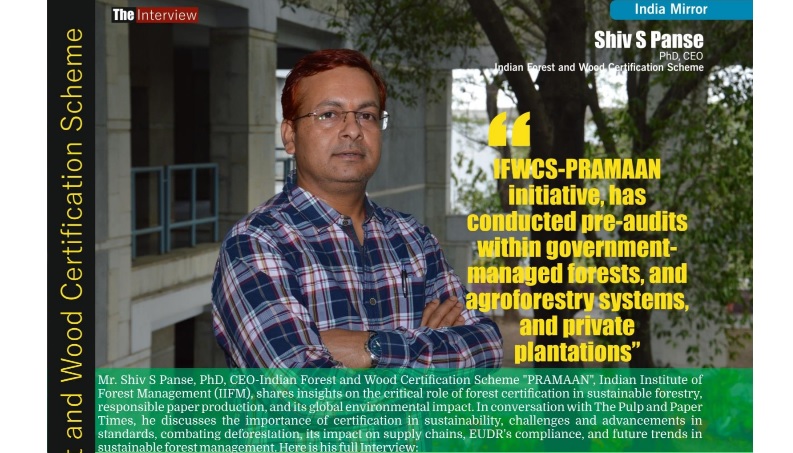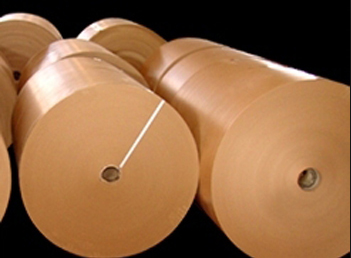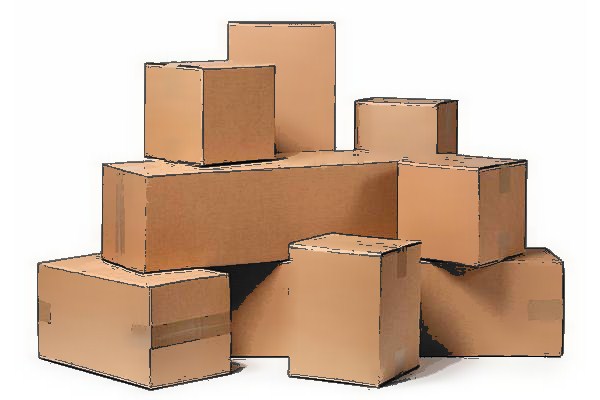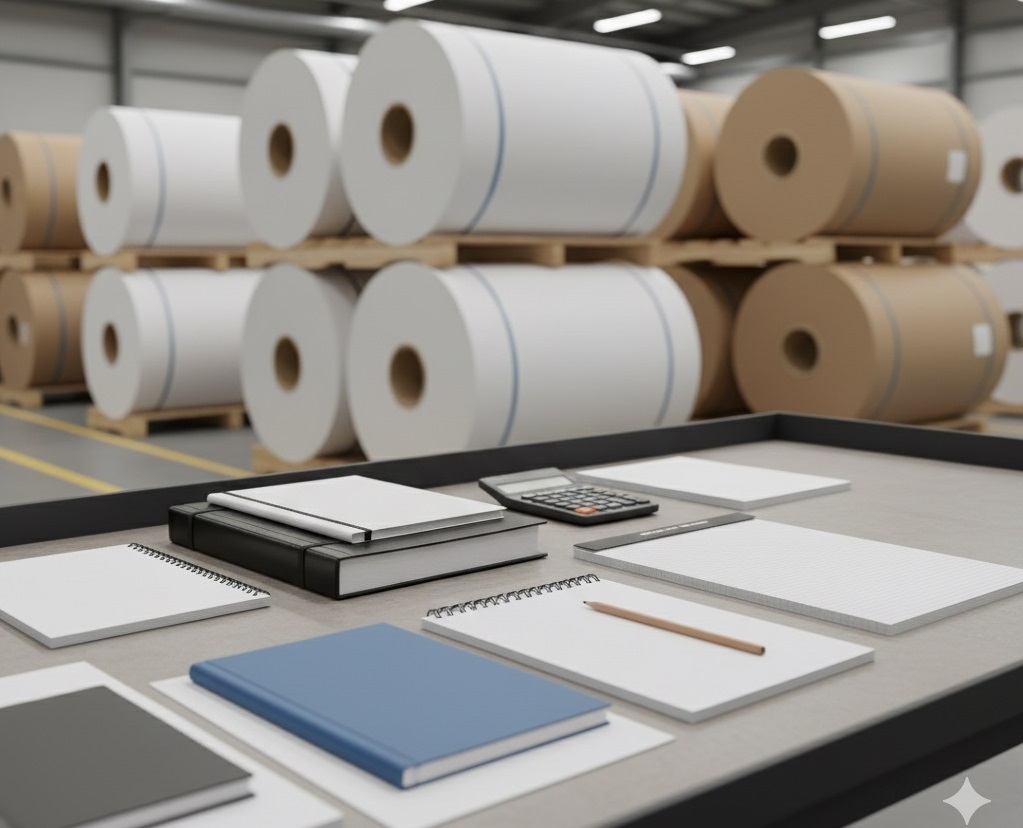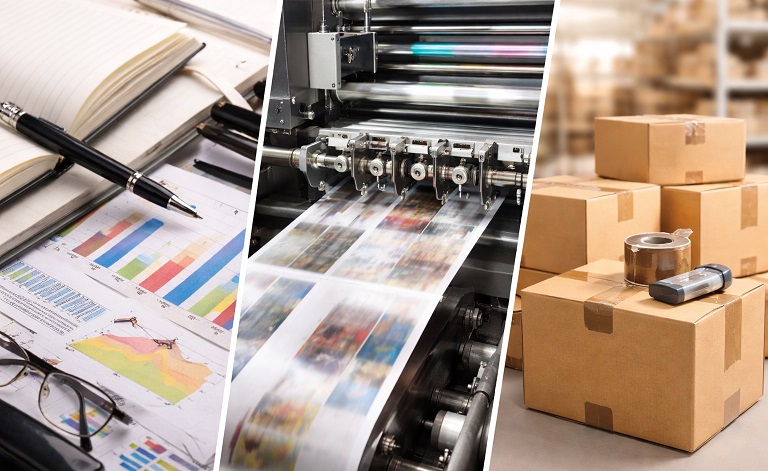Draft QCOs for writing and printing paper, as well as coated paper and board (art and chromo), are under consideration by DPIIT, says a BIS scientist
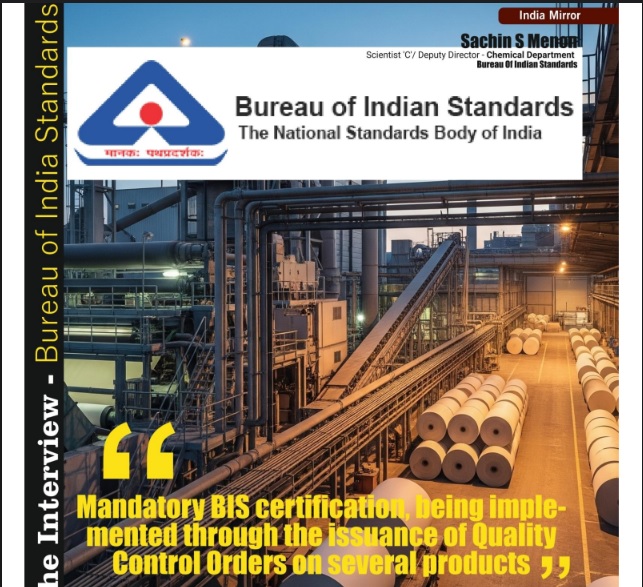
Draft QCOs for writing and printing paper, as well as coated paper and board (art and chromo), are under consideration by DPIIT, says a BIS scientist
-Mandatory BIS certification, being implemented through the issuance of Quality Control Orders on several products”
-BIS is now placing increased focus on sustainable practices across the entire value chain — from raw material sourcing and manufacturing processes to the final products”
-Quality Control Orders on paper and paper products ensure that all materials under their scope intended for sale in India conform to quality and safety benchmarks
-BIS is actively revising and updating existing standards to align with international best practices.
The pulp and paper industry plays a vital role in India’s economy, serving diverse sectors ranging from education to packaging. As the industry grows, the need for standardization, quality assurance, and sustainability becomes more critical than ever. The Bureau of Indian Standards (BIS), as the national standards body of India, is instrumental in setting and regulating quality benchmarks for the paper industry.
In this exclusive conversation with Mr. Sachin S Menon Scientist 'C'/ Deputy Director | Chemical Department at BUREAU OF INDIAN STANDARDS, we delve into the critical role BIS standards play in enhancing product quality, promoting sustainable practices, and ensuring compliance within the pulp and paper sector. The discussion covers how BIS certifications impact manufacturing processes, address environmental concerns, and support the industry’s competitiveness both domestically and globally. Here are his views:
The Pulp and Paper Times
Q: Why is BIS certification important for paper and board manufacturers in India? Can you explain the significance of the ISI mark on paper and board products?
The presence of BIS Standard Mark on a product is an assurance of conformity of the product to the requirements of Indian Standard Specifications. The Conformity Assessment Schemes of BIS provides confidence to consumers about quality, safety and reliability of products and ensures consumer protection.
Q: What are the mandatory BIS certifications for paper and board products in India?
Currently, only plain copier paper as per IS 14490:2024 is under mandatory BIS certification.
Q: To prevent the influx of inferior imports, the Indian Paper Mills Association (IPMA) has emphasized the need for urgent regulatory steps through the issuance of Quality Control Orders (QCOs) and mandatory Bureau of Indian Standards (BIS) marking across paper grades. Could you shed some light on these QCOs and when they are expected to be implemented?
BIS certification scheme is basically voluntary in nature. However, for a number of products, compliance to Indian Standards is made compulsory by the Central Government in view of factors such as public interest, protection of human, animal or plant health, safety of environment, prevention of unfair trade practices and national security. To this end, Quality Control Orders (QCO) are issued by the concerned regulatory authority. Department for Promotion of Industry and Internal Trade (DPIIT) is the regulatory authority in case of paper and paper products.
QCOs are formally issued by the regulatory authority after public consultation and resolution of the comments received. Currently, draft QCOs for writing and printing paper (IS 1848 part 1 and 2) and Coated paper and board (art and chromo) (IS 4658) are under consideration by DPIIT. The date of implementation of QCO is the prerogative of the regulatory authority and BIS cannot comment on this matter.
Q: Can you tell us about the testing procedures mandated by BIS for paper and board?
Ans: IS 1060 series of standards prescribe the methods of test for paper and its allied products. Under IS 1060 series, there are 8 parts and several sections, each one prescribing a particular method of test, for example, determination of grammage, pH, ash content, bursting strength, water absorptiveness etc. Most of these standards are harmonized with the corresponding ISO standard, and thereby prescribe internationally accepted methods of test.
Q: How does BIS ensure the quality and performance of paper and board products in the market?
BIS Conformity Assessment Schemes are operated through a network of 38 Branch Offices across the country and 5 Regional Offices overseeing the work of the Branch Offices. Under Scheme I of BIS Conformity Assessment Schemes, Licence to use the Standard Mark (ISI Mark) on a product is granted to a manufacturer after assessing the manufacturing and testing capabilities of the manufacturer as well as ensuring conformity of the product to the requirements of the relevant Indian Standard(s) through testing. During operation of licence, surveillance visits of the licensees’ premises, testing of products drawn from factory and open market etc. are carried out by BIS to maintain a close vigil of the operation of the licence as well as the quality of BIS certified goods.
Q: What are the common defects found in paper and board, and how can they be prevented according to BIS guidelines?
In paper and board manufacturing, various defects can compromise product quality. Following are a few examples of common defects found in paper and board:
i. Variation in grammage.
ii. Variation in thickness.
iii. Pinholes and holes.
iv. Spots and specks.
v. Cloudy appearance.
vi. Curl or warp.
vii. Blistering or delamination in boards.
viii. Linting and picking.
ix. Moisture variation.
x. Gloss variation.
BIS has established comprehensive product specifications, methods of test and codes of practice to prevent such quality issues. Key standards include the IS 1060 series, IS 4006 series, IS 14490, IS 1848 series, IS 11688, IS 4658, and IS 6211 among others. Strict adherence to these standards, combined with regular maintenance, systematic testing, and robust quality control measures, forms the foundation for defect prevention and quality assurance in paper and board production.
Q: Are there any recent updates or changes in BIS standards or regulations related to the paper and board industry?
According to BIS Rules 2018, all established Indian standards are to be reviewed at least once in every five years to determine the need for revision, amendment, reaffirmation or withdrawal of such standards. This exercise is carried out without fail by BIS.
Recently, there have been several updates in BIS standards pertaining to the paper and board industry, with a strong emphasis on sustainability and safety. BIS is now placing increased focus on sustainable practices across the entire value chain — from raw material sourcing and manufacturing processes to the final products. Key developments include the encouragement of bio-based or water-based coatings, and the discouragement of hazardous chemicals in production.
Moreover, several Indian Standards now prescribe stringent migration limits for heavy metals and harmful chemicals such as phthalates, pentachlorophenol and polychlorinated biphenyls. Clear labeling guidelines have also been introduced, ensuring transparency and consumer safety.
BIS is actively revising and updating existing standards to align with international best practices. For instance, IS 17317:2019, which governs the classification of recycled paper, was reviewed in late 2024. IS 14490, for plain copier paper, was revised in 2024 to reflect the recent technological advancements. Further, standards such as IS 1848 series for writing and printing paper, and IS 4658 for coated paper and board (art and chromo) are undergoing revision process.
To see the Programme of Work of BIS related to standardization of paper, please visit https://www.services.bis.gov.in/php/BIS_2.0/bisconnect/pow_new/, and select Paper and Paper Products (CHD 15) or Paper based Packaging Materials (CHD 16) under Chemical Department.
Q: What are the BIS requirements for paper used in packaging (e.g., IS 13228 for corrugated boxes)?
For applications involving direct food contact, the paper board must conform to IS 16983 (Solid bleached sulphate board), IS 1776 (uncoated folding box board), or IS 12999 (coated folding box board), be manufactured from virgin pulp, and must be free from optical brightening agents (OBA), anthraquinone, dioxins, and furans (less than 1 ppb). Stringent limits are imposed on hazardous substances such as heavy metals and other harmful compounds. Furthermore, the material should exhibit sufficient print resistance and ink adhesion when tested as per the prescribed BIS methods.
Q: The Government of India has issued a public notice inviting comments on the draft Quality Control Order for writing and printing paper, as well as coated paper and boards (BIS standards). Can you tell us about the progress on this matter?
Matters related to Quality Control Orders are under the exclusive ambit of the regulatory authority (DPIIT in this case).
Q: The paper industry is suffering from rising imports. How will BIS certification potentially impact the import supply chain, especially with implementation expected in the second half of 2025? Also, how does the Indian BIS certification differ from standards in other countries such as China, Indonesia, and Chile?
Mandatory BIS certification, being implemented through the issuance of Quality Control Orders on several products, aims to filter out low-quality and non-compliant paper products.
Quality Control Orders on paper and paper products ensure that all materials under their scope intended for sale in India conform to quality and safety benchmarks laid out under the relevant Indian standards. This will act as a barrier against the influx of substandard paper materials in the Indian market.
Web Title: Draft QCOs for writing and printing paper, as well as coated paper and board (art and chromo), are under consideration by DPIIT, says a BIS scientist




 Join WhatsApp Group
Join WhatsApp Group Join Telegram Channel
Join Telegram Channel Join YouTube Channel
Join YouTube Channel Join Job Channel (View | Submit Jobs)
Join Job Channel (View | Submit Jobs) Join Buy Sell Channel (Free to Submit)
Join Buy Sell Channel (Free to Submit) Paper News Headlines Channel (Free to read)
Paper News Headlines Channel (Free to read)







